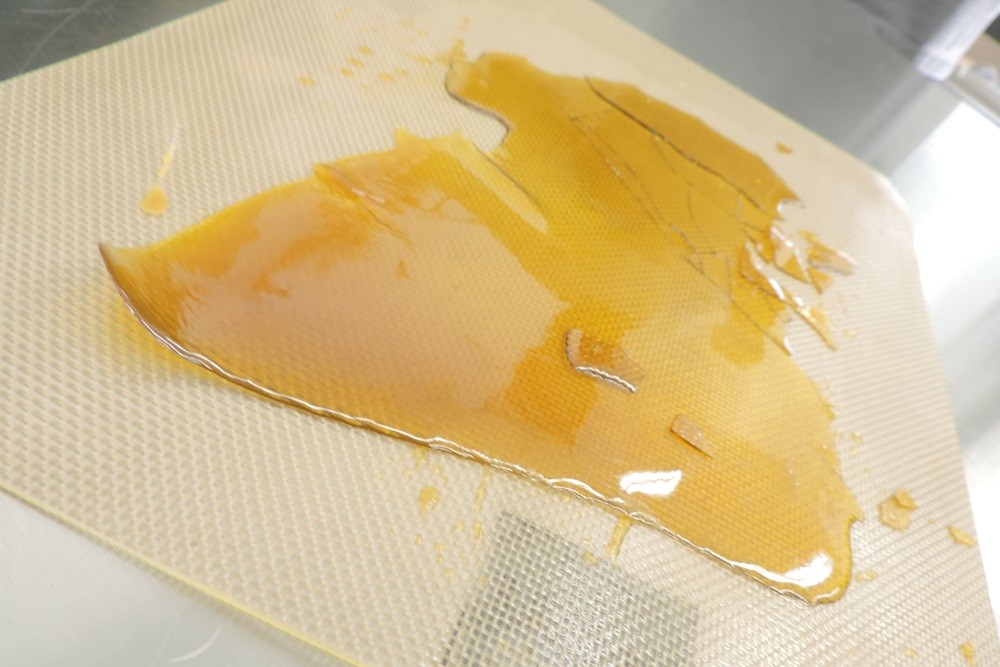As of May 2018, the legalization of medical marijuana has extended to 29 states and the District of Columbia. Both medical marijuana and medical marijuana cards are granted to patients who suffer from various types of illness, diseases, debilitating conditions or chronic pain/symptoms that are not eased by high-dosage opiates.
Medical marijuana is both a natural and an alternative medicine provided to patients in order to improve their quality of life and rid them of the debilitating effects of their diagnosed conditions.
At the end of 2017, medical marijuana was legal in the following states plus Washington, D.C.:
9 states allow recreational marijuana use.
In certain states, patients may apply for their state medical marijuana card assuming they qualify under the listed medical conditions outlined by the Department of Health Services for their respective state. While each state has legalized marijuana for medicinal use, individual state jurisdiction laws are set in place that govern the growing, harvesting, selling, distribution, use and possession of medical marijuana.
Defining the “Approved” Use of a Medical Marijuana Cannabis Card
First and foremost, all marijuana use, whether medical or not, remains illegal under federal law. Even if marijuana can be approved and legalized by an individual state’s legislature, it is not yet condoned by federal lawmakers.
Nonetheless, the growing support and appreciation of medical marijuana has placed this alternative medicine into a category of high demand. States are now allowing the placement of propositions on voting ballots, so registered voters may decide whether or not their respective state should allow the legalization of medical marijuana and the authorization of patients to use it.
In the areas where medical marijuana is legal, patients are approved through a medical marijuana recommendation, evaluation and medical cannabis card registry process by a physician with a medical cannabis license. Once approved, patients can legally purchase, possess — and in certain cases cultivate — their own marijuana plants.
Patients are allowed to use marijuana as an alternative medicine to both alleviate and treat their diagnosed diseases, ailments, illnesses and chronic symptoms to achieve pain relief.
The Necessity of a Medical Marijuana Cannabis Card
Medical marijuana cards are not only a matter of being registered to receive medicine, but also a matter of both legality and common sense. If patients do not possess a medical marijuana card in their respective state, in accordance to both federal and state law, they are using the medication illegally. Patients who illegally use marijuana may be subjected to harsh civil and criminal penalties, depending on their state of residence.
Only after receiving an evaluation, recommendation and medical marijuana card through a registry process may patients be allowed to use medical marijuana. Patients need to consider a medical marijuana card as their only access to their desired medicine, through facilities such as medical marijuana dispensaries, collectives, wellness centers and clinics — and also as the legal protection they so desperately need in their state.
A medical marijuana card ensures that you’re a registered patient within your state, and helps avoid any possible legal issues regarding possession of medical marijuana that may ensue without one.
How long is a Medical Marijuana Card valid for?
Medical marijuana cards are issued by the Public Health Department or Human Resources Department in the patient’s state of residence, and are usually valid for up to one year. After a patient’s medical marijuana card expires, they must then renew their medical marijuana card by following the same process as when the patient originally applied.
The renewal process includes verifying your information and receipt of a new medical marijuana registry card and new number. In the event that the patient’s medical documentations are still valid, they may use them for the renewal.
In some cases, patients may be required to obtain medical documentation and the state’s program will verify any other information required for the renewal process. A primary caregiver’s card, will expire when their designated patient’s medical marijuana card expires, even if it’s less than a year.























